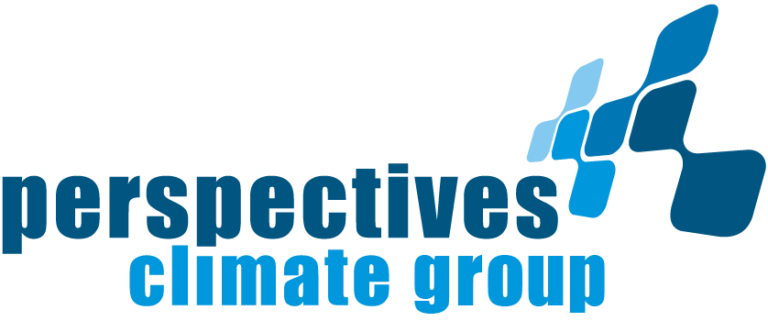Our Projects
11/2021 – 10/2024
Fullfilled by Perspectives Climate Research
German Federal Ministry of Education and Research (BMBF)

Carbon Dioxide Removal Options: Policies and Ethics
11/2021 – 10/2024
German Federal Ministry of Education and Research (BMBF)
Team Member
The research project envisaged principle-based, stakeholder-led, transparent research into possible political instruments and fairness implications for carbon dioxide removal (CDR). The work sought to structure and inform deliberation of CDR in the (sub)national and international policy space by providing a set of guiding principles applicable to CDR policy, a set of assessment criteria, a set of possible CDR policy instruments on multiple levels, a set of fair-share approaches for assessing international responsibility and a transparent assessment of selected CDR-policy options and approaches. Stakeholder engagement underpinned the entire project. The conceptual considerations were applied to three CDR cases ranging from purely technological (direct air carbon capture and storage- DACCS) to ecosystem-based (agroforestry, re-afforestation) approaches, and bioenergy (BECCS) in the middle ground.
Perspectives (PCR) was performing the work with the entire research consortium and in close cooperation with stakeholders. The specific tasks carried out to examine and assess CDR policy options on various governance levels were conducted throughout five work packages. The principles (WP1) and criteria (WP4) served to develop and assess the policy instruments (WP2) and ‘fair-distribution of responsibility’ scenarios (WP3). All these theoretical considerations were applied to and empirically validated in real-world policy and technology cases (WP 5). The specific work package tasks carried out by PCR were:● WP 1: The first work package coordinated the timely implementation of the overall and research program, led by the ALU and co-led by PCR. The tasks included the establishment and running of tools and mechanisms needed to secure efficient and effective working processes and the systematic and effective exchange within the consortium and the, directly and indirectly, involved actors. As the cornerstone of a well-facilitated communication process and a particular emphasis on a ‘transdisciplinary whole’, a set of jointly developed principles for policy and fair-share considerations were drafted, which guided all subsequent work. Another task was cross-cutting stakeholder engagement on multiple levels. ● WP 2: Within the second work package, led by PCR, a list of theoretically available policy options for CDR implementation was developed. The work drew on a review of the existing climate governance literature. This was done on national, regional, and international scales. The CDR policy instruments were categorized by their operating principles and built on the IPCC’s classification of mitigation policies to differentiate different types of public policy instruments. Furthermore, PCR developed blueprints for policy action considering strengths and weaknesses, and assessed the CDR-policy instrument mix.● WP 4: Through work package four, Perspectives worked on a literature review on existing assessment criteria, providing important input for the development of a shortlist of draft criteria based on the principles identified in WP1. ● WP 5: PCR lead the work on Case Study 2 on Bio-energy with Carbon Capture and storage (BECCS) and Case Study 3 on Direct Air Carbon Capture and Storage (DACCS). Through smaller contributions in the other work packages, PCR helped to ensure consistency of content and visibility of outputs.
Stay Updated
Business is changing as rapidly as the climate. Subscribe to our newsletter to stay up to date on both.


